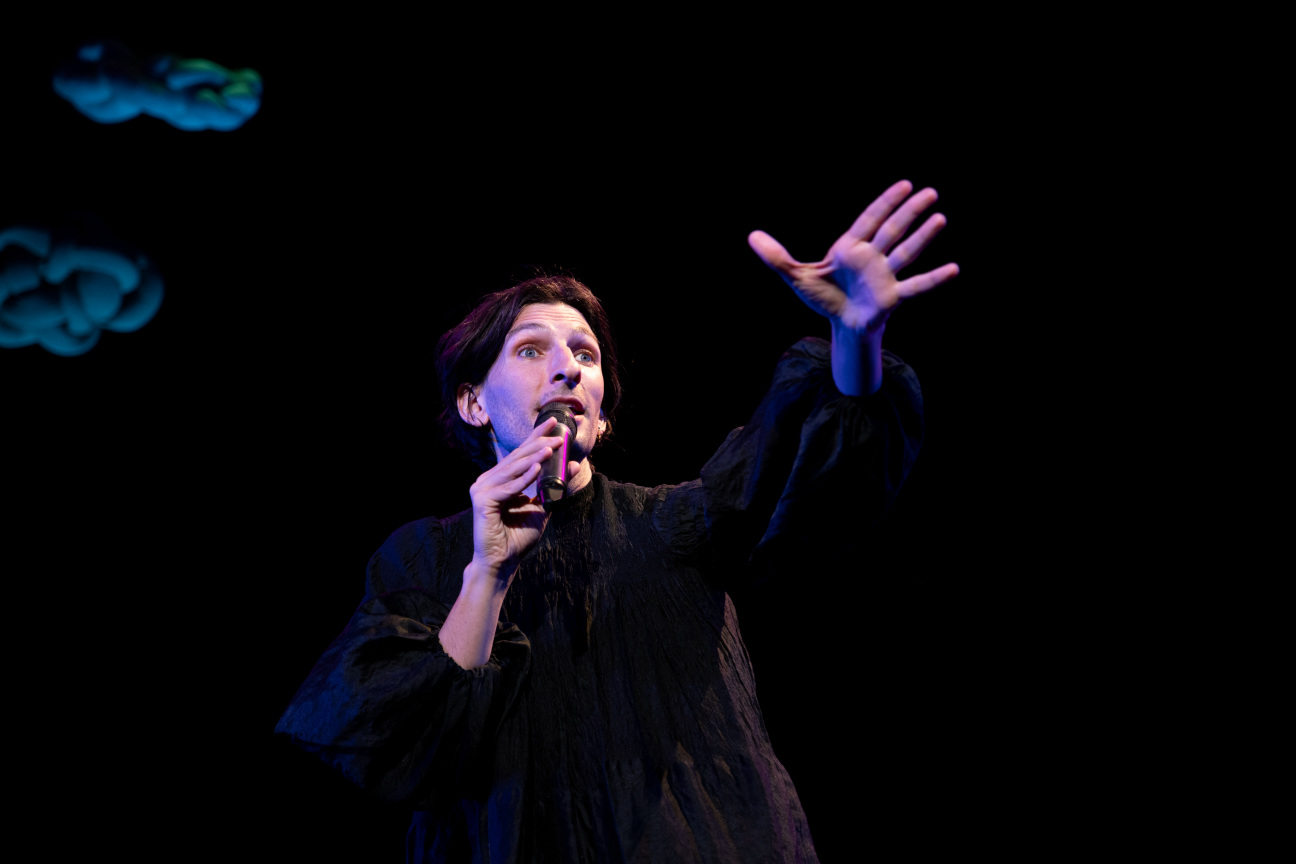
After Klezmer for Beginners and Don't Rain on My Bat Mitzvah, New York-based comic extraordinaire Morgan Bassichis returns to Jewish radicalism with A Crowded Field, their latest musical stand-up endeavor. Conveniently coinciding with Passover week, the show, a meditation on and interrogation of the Jewish holidays, continues at the Abrons Arts Center in the Lower East Side until April 8. The artist, whose extensive practice has charmed gallery-goers, readers, and Fire Island revelers alike, sat down with CULTURED on their day off to chat about kidnapping their rabbi, using humor as a space for learning, and embracing the contradictions and radical potentials of festivities.
CULTURED: You debuted A Crowded Field with three shows last weekend. You have three shows left in the Abrons Arts Center run. How do you feel?
Morgan Bassichis: So excited. It’s so rare to get to do six shows. You really get to find out what the show is, to keep inhabiting it.
CULTURED: How does it feel to have an audience?
Bassichis: I don't know what I'm making until there's an audience there, truly. You get so much information each time, like the jokes that work in your head versus jokes that land in a group. And also just a sense of what the collective body wants and needs. It’s like we’re eating a meal together. At some point, you’re like OK, I’m not hungry anymore. You don’t start the meal in the middle of the main course. The audience’s feedback helps me refine the meal’s ingredients and the pacing.
CULTURED: The show focuses on “the uses and abuses of the Jewish holidays.” Tell me a bit about your interest in these politically, spiritually, and emotionally charged moments.
Bassichis: Holidays are an old interlocutor. When I'm preparing for a show, the first thing I'll think about is when and where it’s happening. I’ll use them as a point of departure to bounce off against, or do some thinking about their political history … And also, for so many of us who are radical Jews, we’ve always been in this process of reclaiming the holidays we’ve inherited and pushing back on their oppressive iterations. My friend Gregg Bordowitz talks about the seders they would organize at ACT UP, the tradition of the “liberation seder.” There’s a deeply collective impulse to interrogate and radicalize holidays, given that they are used in such political ways, which is the point of the show.
CULTURED: What other people or places did you look to for inspiration?
Bassichis: This was not the beginning of my research, but I did go to Palestine for the first time last fall. I got there on the first day of Sukkot. I noticed it was Sukkot because I saw settlers marching around with the lulav and etrog, marching up to the gates of the al-Aqsa mosque, the third holiest site in Islam, basically trying to say, “This is ours.” So I’ve been in this learning process of, Oh, all the Jewish holidays impact Palestinians. These holidays have all been weaponized, some more explicitly than others. There was the 1948 Passover, where there was an operation to forcibly remove 70,000 Palestinians from Haifa; or the Baruch Goldstein massacre on Purim in 1994 … All the way to the checkpoints—which are in and of themselves violent—being shut down on Jewish holidays, so that people are losing work and can’t get to where they need to go.
And I'm really blessed to have a rabbi, Miriam Grossman, who embodies the radical aspirations of the best of our traditions. Queer, feminist, anti-Zionist, and deeply anti-racist—what I would think of as a Jewish liberation theology. I thought it was really important to tell these stories together—about the radical potential of holidays and their violent misuses. I thought humor could be a way to open a space of learning. There’s so much humor already embedded in these holidays, and in our not knowing about them, and perpetually being like, “Wait, what’s the one about the trees?”
CULTURED: I heard you kidnapped Rabbi Miriam Grossman and spent a weekend with her in a church in Sag Harbor for your research.
Bassichis: Yeah, we had this 24-hour long session. I did let her sleep. But I asked her to take me through the Wheel of the Year. I did this with “beginner’s mind” because I know some things about the Jewish holidays but had a lot to learn. I think it’s a really nice thing if somebody plays the fool. Somebody who knows less will always get more information; it’s a welcoming gesture. I always wish I could have the kids’ version of whatever I’m reading or watching because then you just make fewer assumptions.
CULTURED: What information do you want the audience to come away with?
Bassichis: So often we're taught that we're powerless, especially around this big issue of Israel and Palestine. We’re told it’s too complicated to understand, or that we don’t know enough. I would hope that people could leave the show with a feeling of agency. What the show is against is waiting until next year. Next year in Jerusalem, next year in freedom, next year we’ll say the truth, next year… Just say the fucking thing! The show ends being like, We get to choose who we're going to be in these stories. So in some way, what this show is against is the weaponization of our tradition. And in a deeper sense, I hope for a greater capacity to be with our contradictions and complexities.
CULTURED: Your to-do lists are legendary. What’s on yours for today and this spring?
Bassichis: I’m going to see my friend T, who’s around the corner. I definitely have some serums to get. I want to see my niece, who’s so cool. And I have a show at the Carpenter Center for the Visual Arts opening this June! It will feature a music video animated by Daniel Pineda for a song about seltzer that’s in A Crowded Field, and a book I’m co-editing with Jay Saper and Rachel Valinsky called Questions to Ask Before Your Bat Mitzvah.

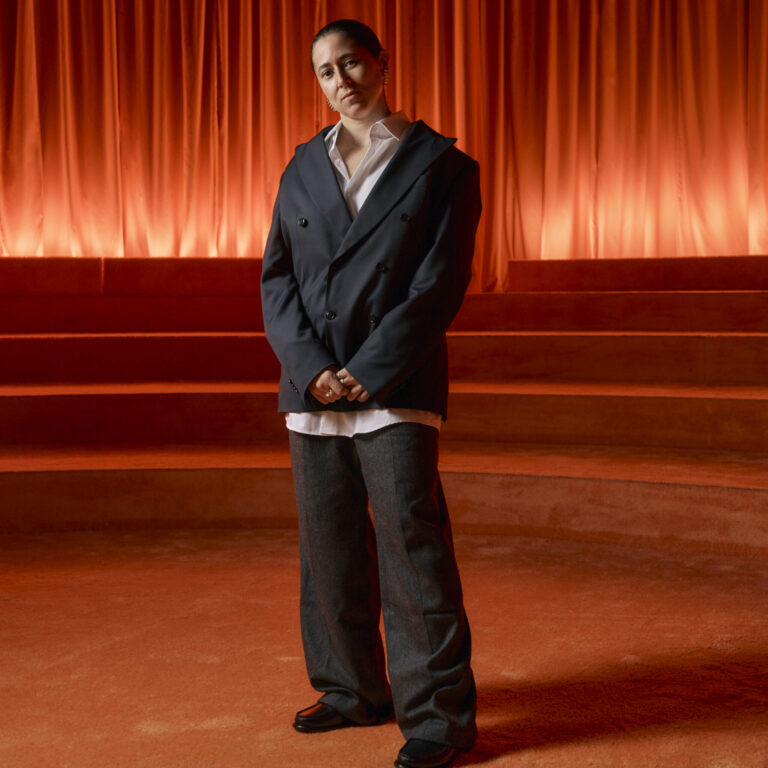
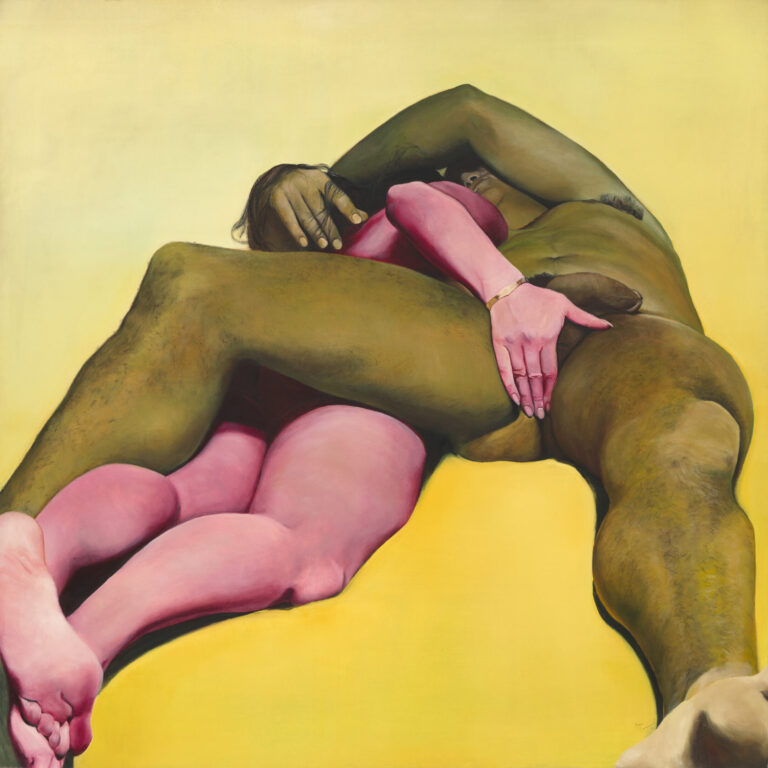
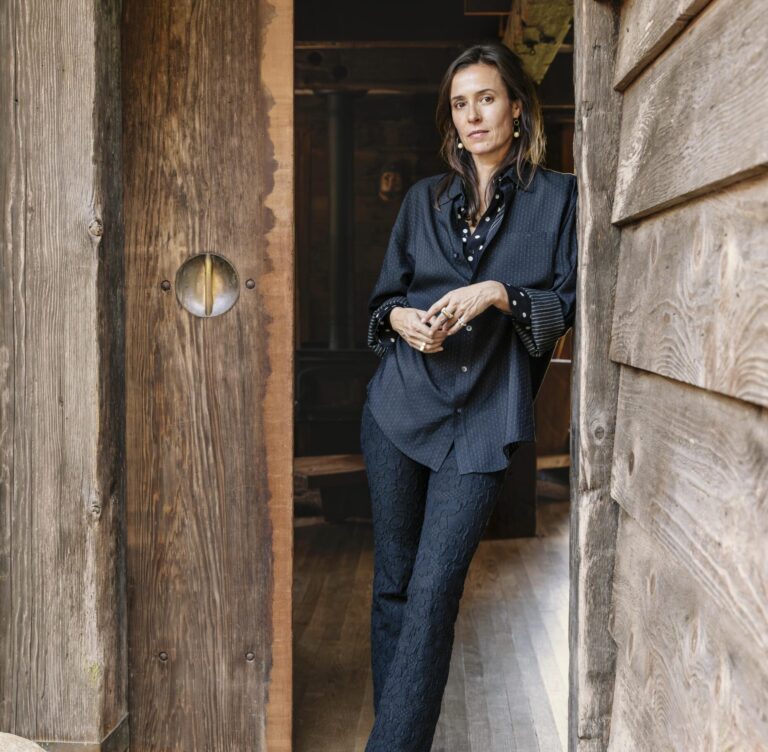
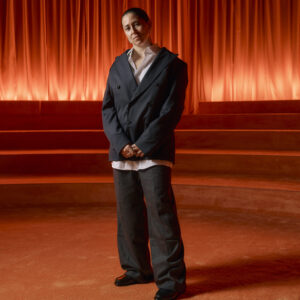
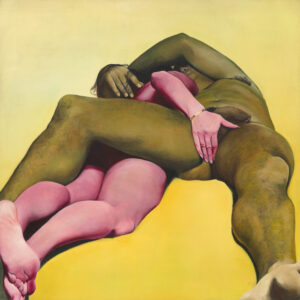
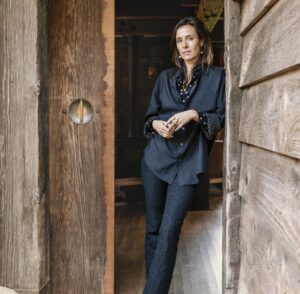



 in your life?
in your life?

